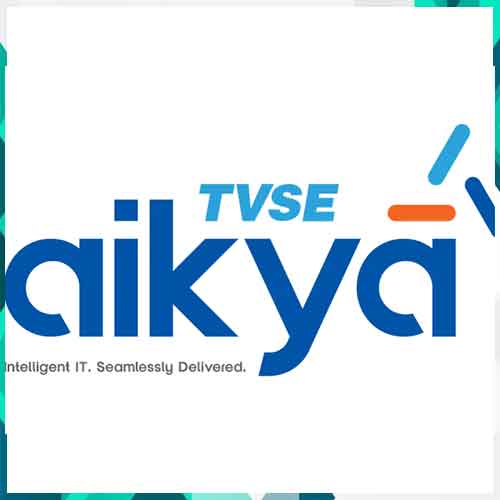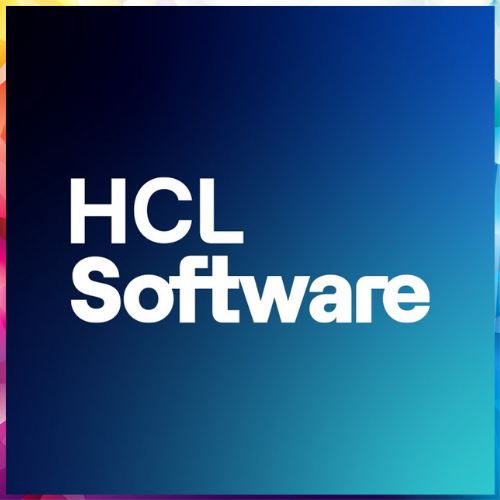
According to a January 2025 Gartner poll, just 19% of 3,412 respondents reported significant investment in agentic AI, while 42% were cautious, 8% had not invested, and 31% remained uncertain or observational
A significant number of agentic AI initiatives could be scrapped within the next three years, with Gartner forecasting that over 40% of such projects will be cancelled by the end of 2027. The research firm attributes this trend to mounting deployment costs, ambiguous business value, and insufficient risk management frameworks.
“Most agentic AI projects today are still in the experimental phase, driven largely by hype rather than well-defined business outcomes,” said Anushree Verma, Senior Director Analyst at Gartner. “This can obscure the actual complexity and cost of scaling such systems, preventing them from moving into full production.”
The warning follows insights from a January 2025 Gartner poll of 3,412 webinar attendees, which revealed that only 19% of organizations had made significant investments in agentic AI. Meanwhile, 42% had opted for conservative spending, 8% reported no investment at all, and 31% were either undecided or in observation mode.
Hype, reality, and future potential
Adding to the confusion is a trend Gartner calls “agent washing”—the rebranding of traditional tools like chatbots, AI assistants, and robotic process automation (RPA) platforms as agentic AI solutions, even though they lack true autonomous decision-making capabilities. According to Gartner, only about 130 vendors globally offer genuine agentic AI products amid thousands claiming to do so.
“Most current offerings don’t deliver meaningful return on investment,” said Verma. “The technology is still maturing and often not capable of autonomously executing complex goals or adapting to nuanced instructions over time.”
Despite these early hurdles, Gartner sees long-term promise in agentic AI. It forecasts that by 2028, at least 15% of daily business decisions will be made autonomously using agentic AI, compared to 0% in 2024. Additionally, 33% of enterprise software applications are expected to include agentic AI capabilities by 2028, up from less than 1% today.
Gartner advises organizations to adopt agentic AI cautiously, focusing on use cases that clearly demonstrate return on investment. Rather than retrofitting legacy systems, businesses should consider reengineering workflows with agentic capabilities in mind from the outset.
“To realize its full potential, agentic AI must be deployed strategically, not just as a tool for task automation but as a driver of enterprise-wide productivity gains,” Verma added.
See What’s Next in Tech With the Fast Forward Newsletter
Tweets From @varindiamag
Nothing to see here - yet
When they Tweet, their Tweets will show up here.




























